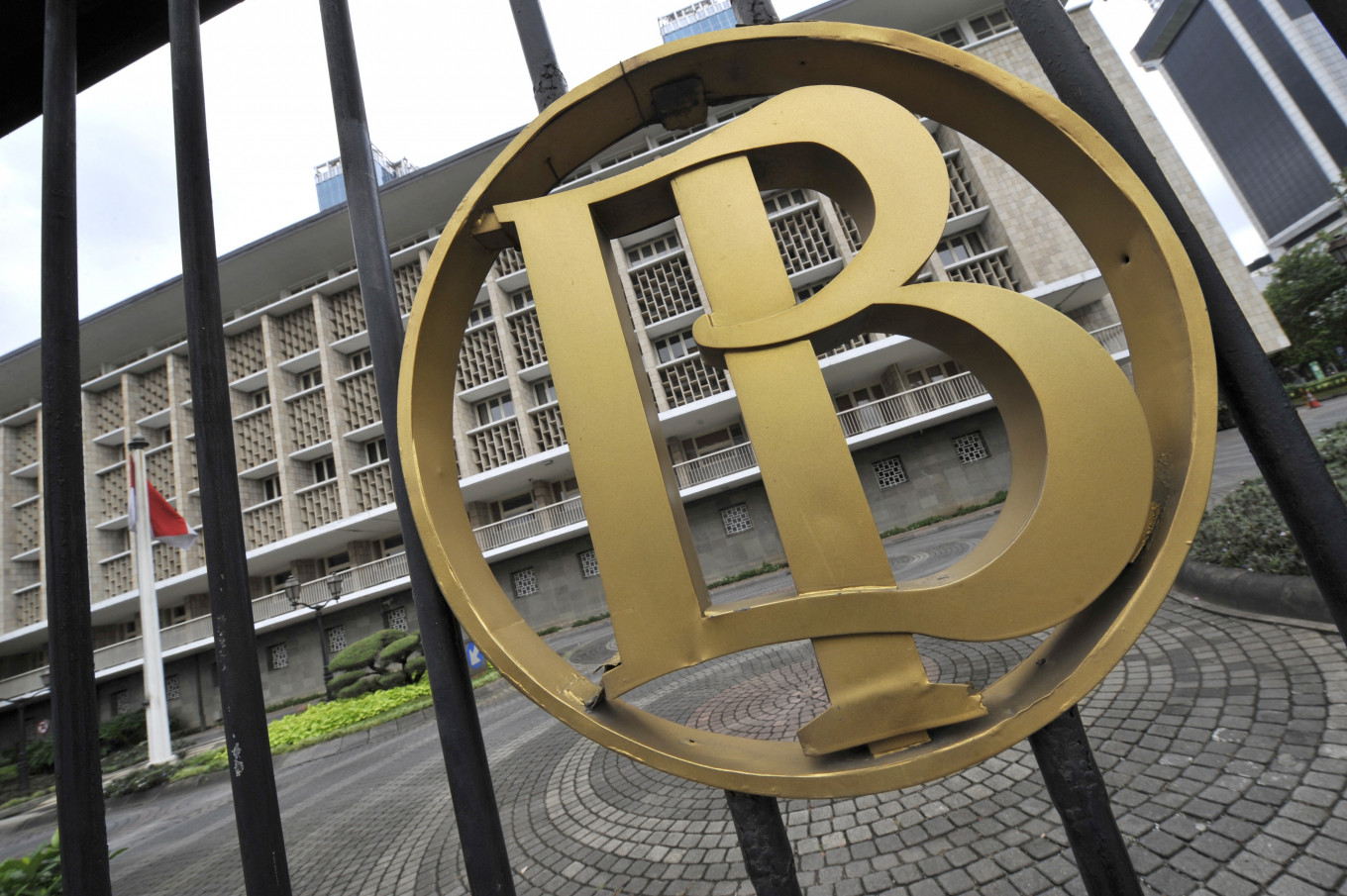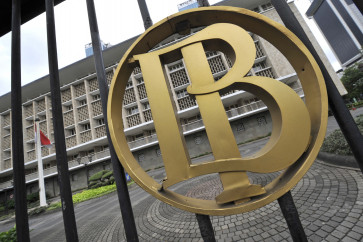Popular Reads
Top Results
Can't find what you're looking for?
View all search resultsPopular Reads
Top Results
Can't find what you're looking for?
View all search resultsBank Indonesia should stop remunerating the statutory reserves
The profitability of Indonesian banks amid COVID-19 remains the highest in Asia Pacific during 2020 and remained profitable in 2021.
Change text size
Gift Premium Articles
to Anyone
B
ank Indonesia (BI) will gradually increase the statutory Reserves Requirement Ratio (RRR) to 6.5 percent in September. The critical point to note here is that BI provides remuneration to banks in the form of 1.5 percent interest on the RRR.
The RRR is an obligation for banks set by BI first to foster the health of banks for financial stability and strengthen the resilience of financial institutions against external risks. The second objective is monetary control, such as to offset below-trend output growth. The third is liquidity management, which seeks to influence the liquidity of the banking system to reduce pressure on inflation, exchange rates and interest rates. The third is the BI’s main objective in this regard.
What are the economic benefits of BI's strategy of giving remuneration to banks, while the RRR is an obligation based on law? Helping boost profitability for banks is not BI's mission. On the other hand, the profitability of Indonesian banks amid COVID-19 remains the highest in Asia Pacific during 2020 and remained profitable in 2021.
There are at least four points that need to be addressed about the setup of this remuneration on the RRR.
First, according to the Organisation for Economic Co-operation and Development (OECD), most countries do not remunerate the RRR and the RRR is de facto a tax in the banking sector. The OECD is of the opinion that the remuneration of RRR could have a negative impact on a central bank's financial position, which could eventually have a negative impact on a central bank’s effectiveness in my view.
Second, looking at it from a general prudent perspective, remuneration practice of the RRR in countries where the central bank is not a bank supervisor such as in Indonesia is questionable according to the International Monetary Fund. Remuneration of the RRR provides an incentive for banks to keep reserves at the central banks, but may not be the right way to motivate keeping cash balances for the intended purpose of prudence, as the central banks are not the banking supervisors.
The IMF then argues that the RRR remuneration weakens or eliminates the impact of the RRR on interest rate spreads in the market, and in my view, it can have negative effects on central banks’ effectiveness.



















